Declaration of Rights of the Women of the United States (July 4, 1876)
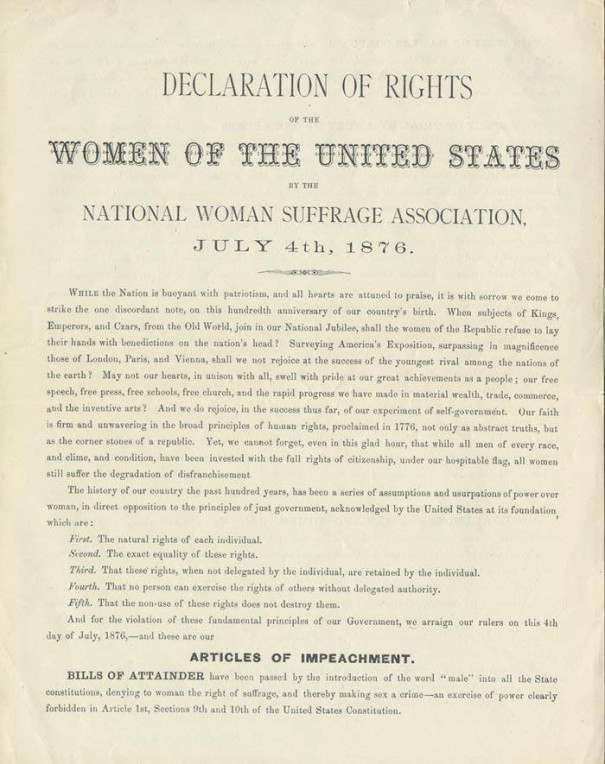
Editor’s Note: Not everything went according to the carefully planned script during our Centennial celebration of the Declaration of Independence, held at Independence Square in Philadelphia. At the proceedings, five of our nation’s most prominent women’s rights activists –Matilda Joslyn Gage, Phoebe W. Couzins, Sara Andrews Spencer, Susan B. Anthony, and Lillie Devereux Blake — interrupted the […]
Act of Abjuration – a.k.a. Dutch Declaration of Independence (1581)
Editor’s note: Popularly known as ‘the Dutch Declaration of Independence,’ this document — formally entitled the Act of Abjuration — Plakkaat van Verlatinghe in Dutch (literally “placard of desertion”) — was the collective product in July 26, 1581 of leaders of a group of northern Dutch provinces who asserted their independence from Spanish rule. Though it is […]
Declaration of Sentiments of the American Anti-Slavery Convention, 1833.
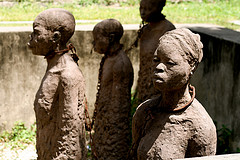
Editor’s Note: The prominent abolitionist William Lloyd Garrison asserts in this declaration, the composition of which he spearheaded, that slavery is a moral evil and that “every American citizen, who detains a human being in involuntary bondage as his property, is, according to Scripture, (Ex. xxi. 16,) a man-stealer”. Garrison’s, whose deeds matched his rhetoric, co-founded the […]
Memorial Letter from the Cherokee Nation to Congress – 1829
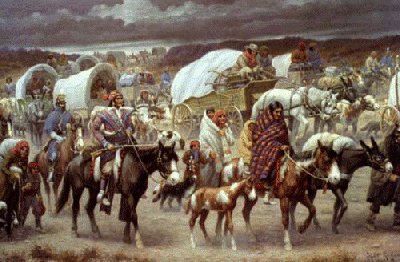
Editor’s note: Though not officially a declaration, this eloquent ‘memorial letter’ written in 1829 by tribal leaders of the Cherokee Nation and delivered to both chambers of Congress — just as it was set to debate Indian removal bills — springs in many respects from our Declaration of July 4, 1776, but also they point […]
Inter-American Declaration of the Rights of Indigenous Peoples (1995)

Editor’s Note: Iin 1989, the Inter-American Commission on Human Rights was asked by the General Assembly of the Organization of American States (OAS) to compose a declaration of rights of “indigenous populations.” This declaration was intended to have legal standing. In February 1997, this draft declaration was endorsed by the Commission. Our understanding is that it has […]
The Working Men’s Declaration of Independence (1829)
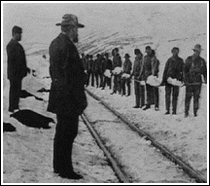
Editor’s Note: This declaration was authored in December 1829 by George Henry Evans, a ‘Jacksonian Democratic’ who condemned slavery and who railed against land monopolies, since he believed this practice prevented the realization of a democracy that represented equally all the people, rather than just the landed elite. Evans founded the first labor-centered newspaper, The Working […]
Farmers’ Declaration of Independence (1873)

Editors Note: An adaptation of our July 4, 1776 declaration, this document was published on July 4, 1873, a day that was known as the “Farmers’ Fourth of July,” since this had become a day for farmers and their families to gather and discuss (among other things) pressing political events. This declaration was the outgrowth […]
“What to the Slave Is the Fourth of July?” – Frederick Douglass, July 5, 1852

Editor’s Note: Black Americans did not celebrate the 4th of July until the Emancipation Proclamation was issued by President Abraham Lincoln on January 1, 1863. In this no-holds-barred essay, Frederick Douglass, who became one of our great intellectuals, social reformers, and abolitionist leaders after escaping slavery, spells out why Independence Day was a mockery to […]
Declaration on the Granting of Independence to Colonial Countries and Peoples (1960)

Editor’s Note: Adopted by the UN General Assembly on December 14, 1960, this declaration was largely considered a watershed in the movement towards the end of colonialism. Eighty nine member states voted to approve the declaration; none opposed it, though there were nine abstentions, including the U.S. Declaration on the Granting of Independence to Colonial Countries […]
The Declaration of Sentiments and Resolutions — 1848, Seneca Falls Conference, Women’s Rights
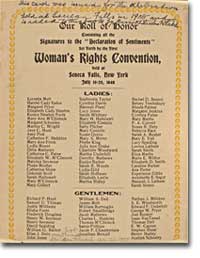
Editor’s Note: With the Declaration of Independence of July 4, 1776 as its model, the driving forces behind this declaration – which demands the recognition of women as rights-bearing citizens — was Elizabeth Cady Stanton and Lucretia Mott, anti-slavery and women’s rights activists. The declaration was issued at a convention for women’s rights held in Seneca Falls, […]

